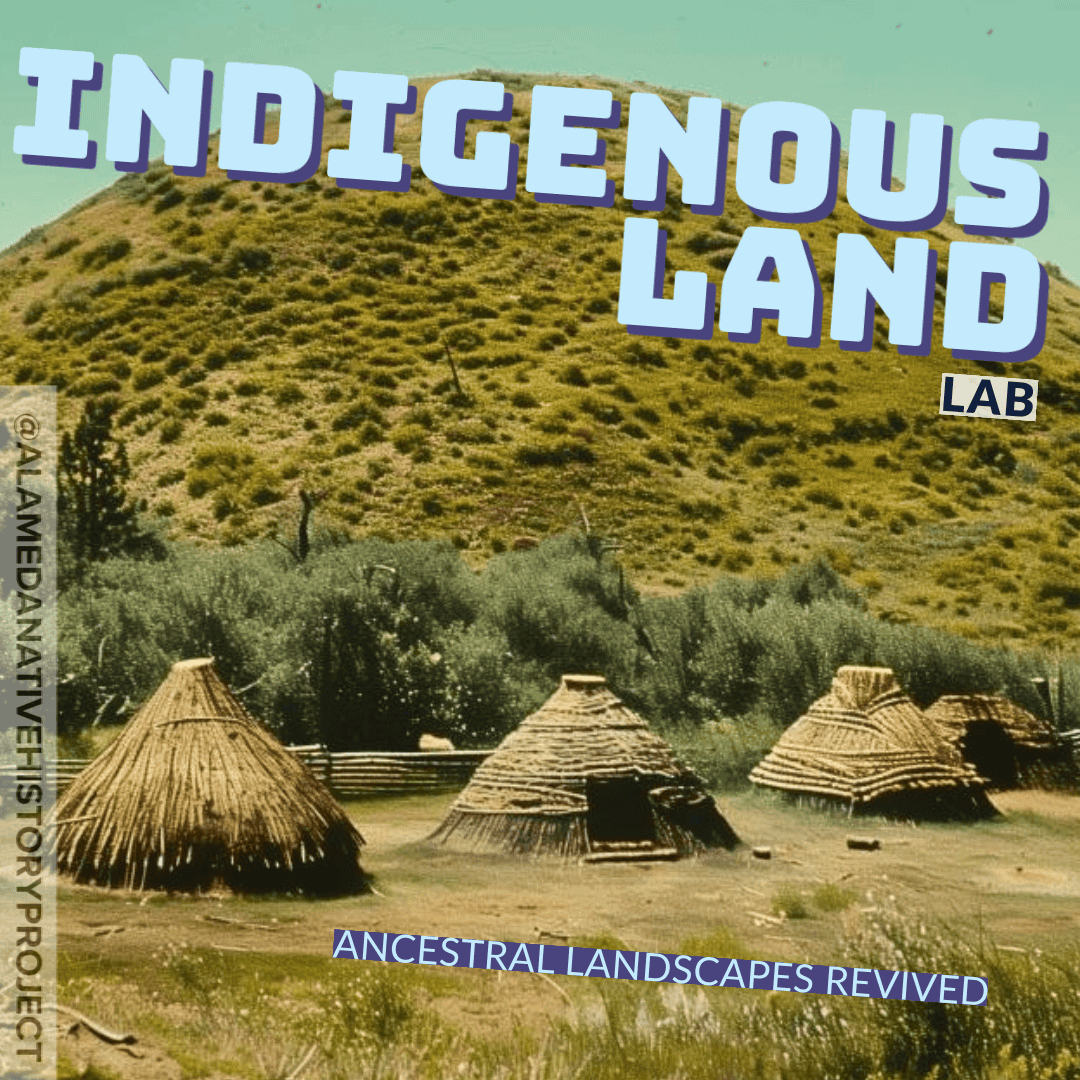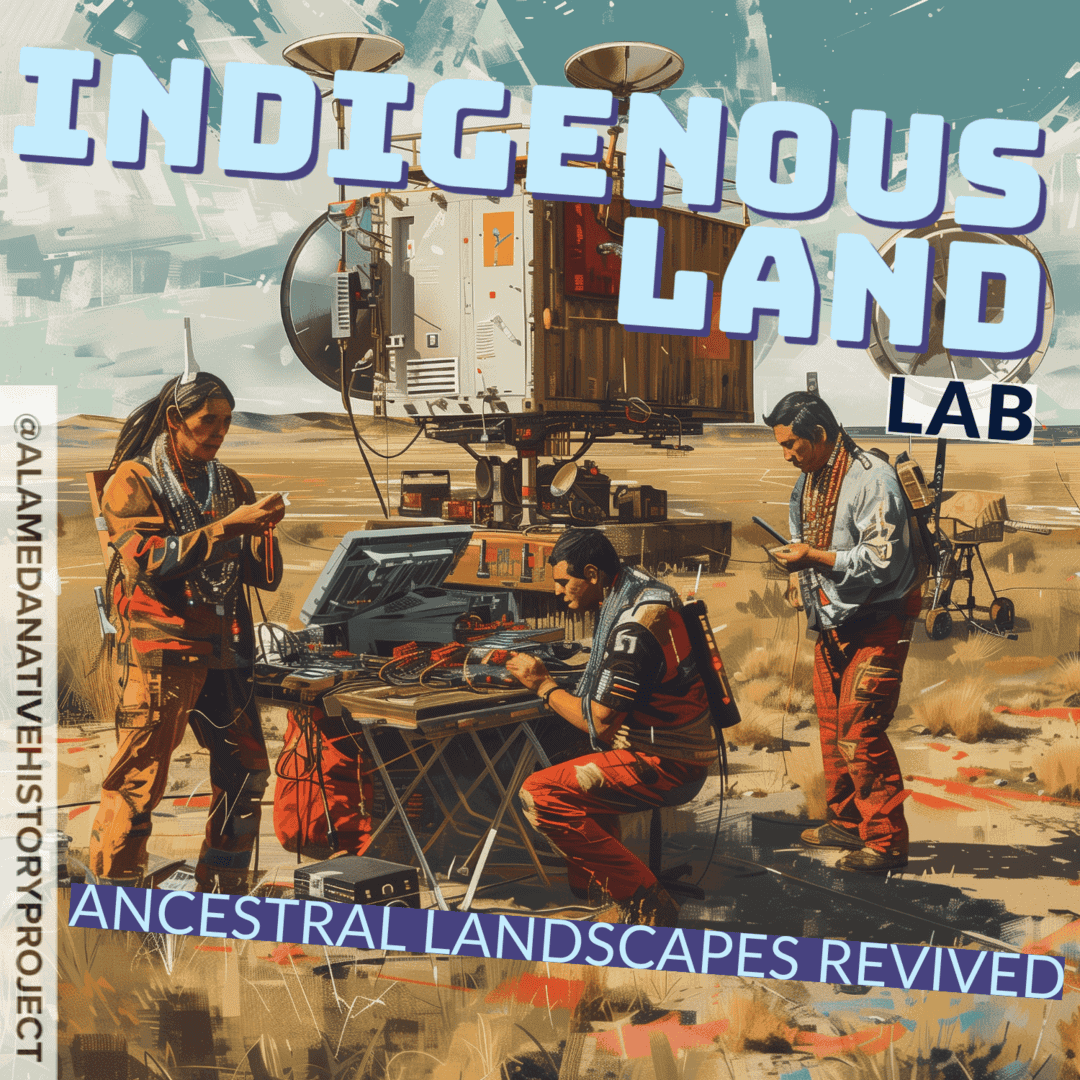Ancestral Landscapes Revived



Next Meeting: July 31, 2024
⭐Indigenous Land Lab Meeting⭐
👉🏽Thursday, July 31 · 11:00am – 12:00pm
Time zone: America/Los_Angeles
Google Meet joining info
👉🏽Video call link: https://meet.google.com/nfa-ehuy-aic
📱 Or dial: (US) +1 971-999-0055 PIN: 864 068 638#
More phone numbers: https://tel.meet/nfa-ehuy-aic?pin=8844457702624Indigenous Land Lab Mailing List Sign Up Form
Next Steps for the Land Lab:
These are the next steps we are anticipating.
- Meet-up to harvest materials for acorn granary construction.
- Weed and Hemlock Management. (Ongoing.)
- Cover with silage tarp for 1 month. 👈🏽 Current step.
- Design Indigenous Land Lab
- Create prelim. plant list.
- Clear weeds.
- Begin building:
- Greenhouse,
- Shaded area,
- Water catchment system,
- Fencing.
- Prepare beds.
- Finalize plant list and growing calendar.
- Begin planting.
You are invited to participate in any or all aspects of planning and working. Find out more at the next meeting!
Tool & Equipment Drive
We’ve received a lot of interest, support, and some very generous donations of equipment, supplies, and money! (All donations are tax deductible!)
What do we need?
- Shovels
- Metal Rakes
- Pickaxe
- Hoes & Scrapers
- Saws
- Post driver
Silage tarp (for area 30′ x 30′)- 8 fence posts
- Chicken-wire (120′ x 4′)
- 3-5 Cubic Yards of Compost
Best ways to support?
- Donate tools: If you have some tools, supplies, or equipment on this list, we can pick it up. If you have a truckload of compost, we can meet you at the land lab for a drop off.
- Purchase directly from our wishlist.
- Donate to the Alameda Native History Project through our fiscal sponsor, The Hack Foundation (d.b.a. Hack Club).
Alameda Native History Project is fiscally sponsored by The Hack Foundation (d.b.a. Hack Club), a 501(c)(3) nonprofit (EIN: 81-2908499). Any and all monetary donations, or donations in-kind are tax deductible.
We look forward to seeing you soon!
Check our events page at https://nativehistoryproject.org/events/; and don’t forget to sign up for the Alameda Native History Project Mailing List to receive general project updates and information about upcoming activities and more!